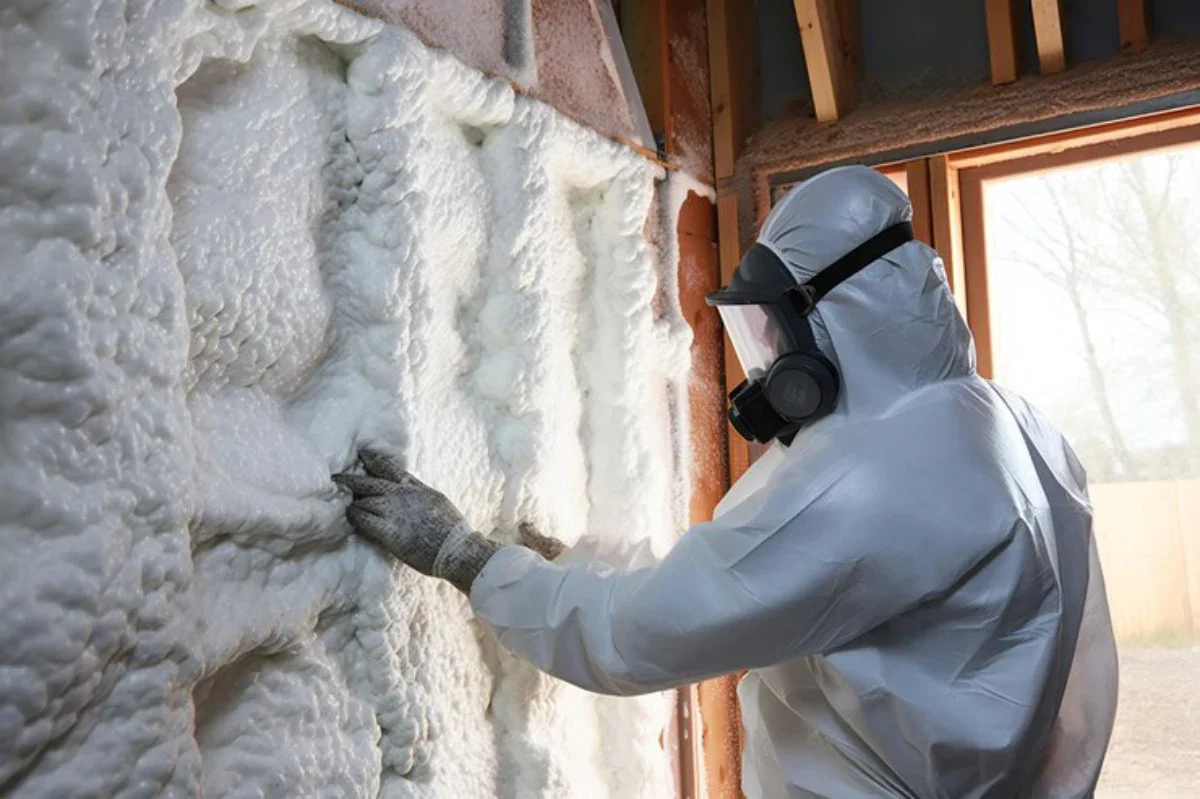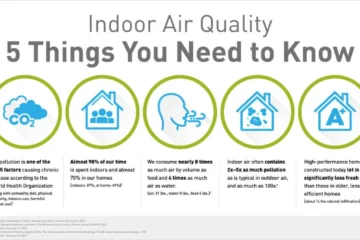Spray foam insulation is widely known for enhancing a building’s energy efficiency, but its impact on indoor air quality is equally significant. By creating an airtight seal, spray foam helps control air and moisture movement between indoor and outdoor spaces. This barrier is essential for reducing the infiltration of allergens, pollutants, and moisture that can negatively affect health and comfort. Homeowners seeking to improve energy savings and air quality increasingly use spray foam for its dual benefits. A well-insulated home feels more comfortable year-round and supports a healthier indoor environment for occupants.
Reducing allergens and airborne particles
- Blocking Pollen, Dust, and Outdoor Pollutants
One of the key ways spray foam insulation improves indoor air quality is by limiting the entry of outdoor pollutants. Traditional insulation materials often leave small gaps and cracks that allow pollen, dust, and other airborne particles to enter the living space. These intrusions can trigger allergies, asthma, and other respiratory issues, particularly in sensitive individuals. Spray foam expands to fill every crevice, creating a continuous barrier that effectively blocks these unwanted particles. A reliable spray foam insulation company can assess areas in a home where air leakage is common and apply spray foam to seal those weak spots. As a result, homeowners notice cleaner air and fewer allergy symptoms, making the home a more comfortable place to live.
- Preventing Mold and Moisture Problems
Moisture control is essential for maintaining good indoor air quality, as excess moisture can lead to mold growth and unpleasant odors. Traditional insulation may allow water vapor to pass through, increasing the risk of dampness in walls, ceilings, and crawl spaces. Spray foam, with its closed-cell structure, acts as a moisture barrier that keeps water from penetrating the building envelope. By preventing moisture buildup, spray foam reduces the conditions in which mold needs to thrive. Mold spores in the air can have profound health implications, especially for individuals with weakened immune systems or respiratory conditions. By keeping moisture at bay, spray foam helps maintain a dry, mold-free environment that promotes better indoor air quality.
- Improving HVAC Efficiency and Filtration
When a home is poorly insulated, heating and cooling systems must work harder to maintain consistent temperatures, which can strain the HVAC system and reduce efficiency. Spray foam insulation reduces the workload on HVAC systems by keeping conditioned air inside and unconditioned air out. This enhanced efficiency allows air filters to do their job more effectively, trapping dust, pollen, and other particles before they circulate through the home. Additionally, a balanced indoor temperature helps prevent the condensation that can form around vents and ducts, which can contribute to mold and mildew. Combining efficient insulation and well-maintained HVAC systems ensures a cleaner and healthier airflow throughout the home.
- Sealing Out Unwanted Odors and Fumes
Homes near busy roads, industrial sites, or agricultural areas may experience unpleasant odors and airborne chemicals infiltrating the living space. Spray foam insulation provides an added layer of defense against these external pollutants by sealing gaps and cracks where fumes might enter. Unlike other materials, spray foam creates an airtight barrier that limits the passage of gases and odors. This feature is particularly beneficial in areas where outside air quality is a concern. Sealing out these contaminants keeps the home smelling fresh and reduces exposure to harmful airborne chemicals, contributing to a safer indoor environment for all occupants.
- Supporting Long-Term Health Benefits
Investing in spray foam insulation is not just about energy savings—it’s also an investment in long-term health. Spray foam creates a healthier living environment by reducing exposure to allergens, moisture, mold, and airborne pollutants. Families with young children, seniors, or individuals with respiratory conditions often see significant improvements in their comfort and well-being after insulation upgrades. Cleaner air can lead to fewer illnesses, reduced allergy flare-ups, and improved quality of life. Spray foam’s ability to provide comprehensive air sealing and moisture control makes it essential to creating homes that support lasting health and comfort.
A Cleaner, Healthier Home with Spray Foam
Spray foam insulation does more than keep a home warm in the winter and cool in the summer—it also plays a vital role in improving indoor air quality. By blocking allergens, controlling moisture, sealing out odors, and enhancing HVAC performance, spray foam creates an environment that feels fresher, cleaner, and safer. Whether concerned about allergies, mold, or external pollutants, spray foam offers a reliable solution that promotes better health and comfort. Choosing high-quality insulation is a proactive step toward protecting your home and the well-being of everyone living in it.




